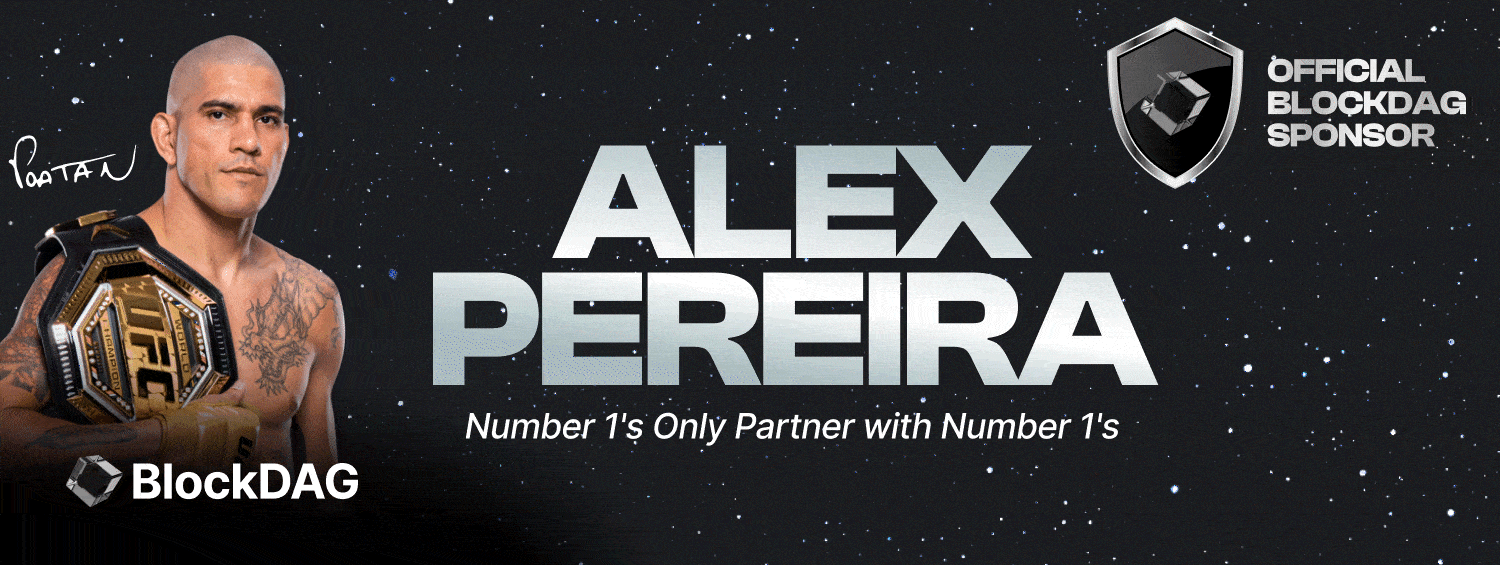Artificial intelligence (AI) holds immense promise in revolutionizing various aspects of technology, and Ethereum co-founder Vitalik Buterin recently highlighted its potential in addressing one of Ethereum’s major challenges: code bugs. Buterin expressed his enthusiasm for AI-assisted formal verification of code and bug finding, recognizing the critical role it could play in mitigating technical risks within the Ethereum ecosystem.
Ethereum co-founder details the need for AI
Code bugs pose a significant threat to Ethereum’s stability and security, making the need for robust verification processes imperative. Buterin’s endorsement of AI-driven solutions underscores the growing recognition within the blockchain community of AI’s capacity to enhance code quality and reliability.
Despite Buterin’s optimism about AI’s potential in code verification, his views on AI’s broader implications have been nuanced. In a previous blog post titled “My techno-optimism,” Buterin articulated concerns about the existential risks posed by superintelligent AI. He warned of a scenario where AI could surpass human control, potentially leading to catastrophic consequences for humanity.
This cautionary stance reflects the ongoing debate surrounding the ethical and existential implications of AI development. However, Buterin’s recent remarks on Twitter signal a shift in tone, emphasizing the tangible benefits that AI can bring to specific domains such as code verification and bug detection. This shift from apprehension to optimism mirrors a broader trend within the tech industry, where AI is increasingly viewed as a transformative force for innovation and efficiency.
Beyond Ethereum, AI’s impact is being felt across various sectors, with companies like Microsoft leveraging AI technologies to drive growth and innovation. Microsoft’s recent earnings report highlighted the pivotal role of AI in its success, attributing significant revenue gains to AI-driven initiatives such as generative AI models, code analysis, and image recognition.
Satya Nadella, CEO of Microsoft, emphasized the transition from merely discussing AI to implementing it at scale, underscoring the transformative potential of AI across diverse applications. This shift underscores the growing maturity of AI technologies and their integration into mainstream business operations.
The success of AI in the tech industry
The adoption of AI in code verification and bug detection represents a natural progression in the evolution of software development practices. By harnessing AI’s analytical capabilities, developers can streamline the debugging process and enhance the overall reliability of their codebases. This, in turn, contributes to the long-term stability and sustainability of blockchain platforms like Ethereum.
Moreover, AI’s role in cryptocurrency markets is expanding, with trading bots leveraging AI algorithms to optimize trading strategies and capitalize on market inefficiencies. Buterin’s recognition of AI’s potential in predicting market trends underscores the growing convergence of AI and blockchain technologies, paving the way for innovative applications in decentralized finance (DeFi) and beyond.
As AI continues to mature, its integration into software development workflows is expected to become more commonplace. Developers across industries are increasingly turning to AI-powered tools and platforms to augment their capabilities and drive innovation. The synergy between AI and blockchain technologies holds promise for unlocking new possibilities in areas such as smart contracts, decentralized applications (DApps), and digital asset management.
However, as with any transformative technology, ethical considerations must be carefully addressed to mitigate potential risks and ensure responsible AI deployment. Safeguarding against unintended consequences and ensuring transparency and accountability in AI-driven processes are essential priorities for both developers and policymakers.
Vitalik Buterin’s endorsement of AI-assisted code verification underscores the transformative potential of AI in addressing technical challenges within the Ethereum ecosystem. As AI technologies continue to mature, their integration into blockchain development workflows promises to enhance code quality, improve security, and drive innovation across diverse applications. While challenges remain, the convergence of AI and blockchain holds immense promise for shaping the future of decentralized technologies.


























